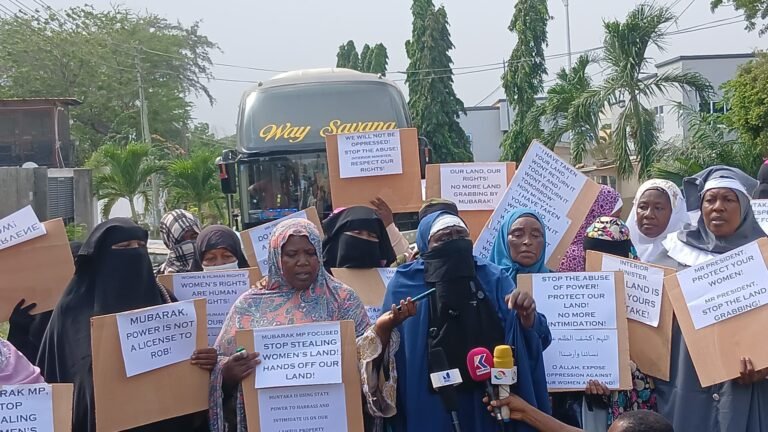
The Ghana Revenue Authority (GRA) has been charged by the government to raise GHC80.3 billion in revenue for the fiscal year 2022.
The Authority surpassed its revenue target of GHC57.32 billion for 2021.
At the International Customs Day (ICD) Celebration, the Minister of Finance, Mr Ken Ofori-Atta, in a speech read for him, said that the government complimented the GRA management for exceeding revenue targets for 2021.
The Authority’s achievement in 2021, he stated, had reasserted the government’s faith in them to fulfill the new targets.
The goal is to highlight the difficult working conditions and problems that customs officers encounter on a daily basis.
Digitisation
Several technologies, including the Integrated Customs Management Systems (ICUMS) and Ghana.gov, have been implemented as part of the digitisation drive, according to Mr Ofori-Atta.
He said that digitisation had improved customs processes and, in some cases, cut revenue leakages at ports.
“I am certain that there is more GRA, and the Customs Division can do to further boost its degree of efficiency,” the Minister stated, despite the systems’ successes.
The theme was suitable, he argued, because a robust database would ensure that the country’s revenue estimates did not diverge from actual receipts, ensuring economic stability.
Without a question, technology plays a critical part. The GRA’s Customs Division has embraced new technologies, which has resulted in important inventive approaches to apply effective controls in processes and procedures, he said.
The Minister expressed the expectation that the GRA, as well as the Customs Division, would pay special attention to data culture and innovative technologies in order to enable the GRA increase revenue mobilisation.
“The Ministry of Finance will continue to support the various initiatives of GRA on the digitalisation drive to ensure that the needed revenue is effectively and efficiently mobilised,” he added.
GRA transformation agenda
The Commissioner-General of GRA, Reverend Dr. Ammishaddai Owusu-Amoah, said the theme was extremely welcome because it fit into GRA’s development objective.
He said that, given the current state of the country and the impact of COVID-19 on the global economy, the data culture and environment were highly appropriate and relevant for national growth.
GRA’s Customs Division has embraced advanced technologies over the years, introducing key new techniques to conduct effective controls to improve and speed up procedures.
GRA, he said, had embarked on a transformational programme, with the need to undertake tax policy reforms at the forefront. These are the introduction of the ICUMS at the country’s ports to block all revenue loopholes and facilitate trade and the introduction of the cashless system, among others.
The Commissioner-General said the international customs community was becoming more concerned and involved in issues of data culture, which would go a long way to help customs administrations perform optimally in their assigned roles of revenue collection, trade facilitation, international trade processes and public and health safety.
“Let us be driven by improved technology and customer-oriented service to all stakeholders to help improve revenue mobilisation to move the country forward,” he added.
Data ecosystems
In a speech read for him, the Secretary General of the World Customs Organization (WCO), Dr. Kunio Mikuriya, said that digital technology had advanced rapidly over the years, and that Customs could now access data from other government agencies, commercially available databases, and open-source information platforms like digitised global public records and multilingual news sources.
He explained that the extent to which data could be used effectively was determined by a variety of factors surrounding data ethics, such as privacy, commercial secrecy, legal issues surrounding the use of data by Customs and tax administrations, and the importance placed on innovation in government.
Dr. Mikuriya stated that in order to create new data ecosystems or consolidate existing ones, the following enabling actions must be taken, including establishing formal data governance to ensure data relevance, accuracy, and timeliness, and utilizing WCO and other institutions’ data format and data exchange standards.
Others are providing appropriate data management to ensure that the correct people have access to the right data and that data protection requirements are followed, as well as implementing progressive ways to data collection and analysis, such as data analytics.
The event was on the theme: “Scaling up Customs Digital Transformation by Embracing a Data Culture and Building a Data Ecosystem.”




